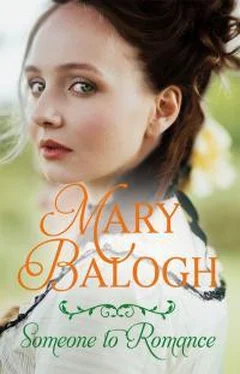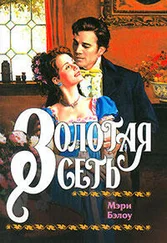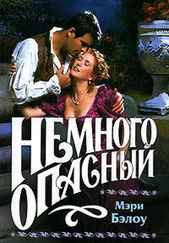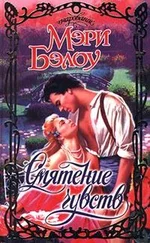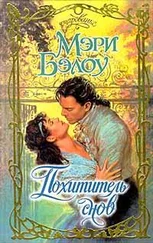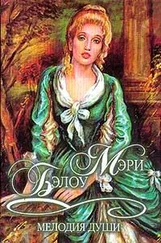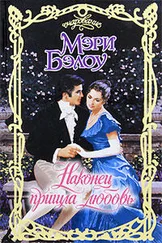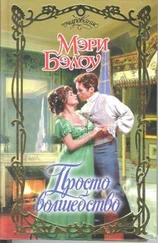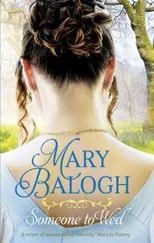“It is already done,” Gabriel told him. “And you did the right thing, for which I thank you. Go home, Norton—on full pay. I will send for you when I need you again.”
“Thank you, sir.” Mr. Norton let himself quietly out of the room.
Mary meanwhile seemed aware of her surroundings for the first time. She looked around in something like awe and then, beaming happily, turned her attention back to the two of them.
“Yesterday,” she said. “You were married yesterday. Two beautiful people. And I can see that you were made for each other.”
“You just missed our wedding,” Jessica said. “What a pity that is. But you must come and sit down. It will be dinnertime soon. Gabriel will send Mr. Horbath to arrange for the table to be set for three.”
“Oh no, no, no,” Mary said, holding up her good hand in protest. “I did not come to impose my company upon Gabriel. Even less so upon Gabriel and his bride. We can talk another time. I will remain in London—my, my, what a vast place it is—until I am quite certain you are not going to be thrown in jail, Gabriel. Mr. Norton—what a very polite and gentlemanly person he is—has recommended a women’s boardinghouse to me. I will ask one of the kind porters downstairs to give me directions and . . . Well, perhaps I will ask him too if he will call me a—hackney cab, do you call carriages for hire here? Then I will be able to take my bag with me. It is downstairs. That very courteous manager promised Mr. Norton that he would keep it for me.”
“Mary,” Gabriel said, “don’t be ridiculous.”
She looked at him in some surprise, saw that his eyes were twinkling, and laughed her deep laugh. “Well,” she said, “perhaps you will come downstairs and make the arrangement for me, Gabriel. I confess to being a bit overwhelmed. I will not keep him from you for more than a few minutes, Jessica. Oh, you are a lovely young lady. And a kind one.”
“Mary,” Jessica said, smiling. “Sit down. On that chair beside the fireplace. It is the most comfortable. And that is an order.”
Mary threw up her hands again and laughed.
“Jessica was Lady Jessica Archer before I married her,” Gabriel told her. “Sister of the Duke of Netherby, a most formidable aristocrat, Mary. He could reduce you to a dithering heap with one look through his quizzing glass. Jessica could do the same thing—if she carried a glass.”
“I could indeed,” Jessica said. “Come, Mary, and sit down. Gabriel will go in person to arrange for dinner and to secure you a room here at the hotel. And you shall have Ruth, my maid, to keep you company and prevent you from being too bewildered. Just do not expect her to talk. She is a woman of few words.”
“Words are not always necessary, dear,” Mary said as Gabriel helped her off with her coat and she sat obediently in the most comfortable chair, which came close to swallowing her up. She looked about her again. “What a very pleasant room this is. And how lovely to have arrived. And, I must confess, to be staying here. Though I would not for the world make a nuisance of myself.”
“As if that were possible,” Gabriel said, pouring her a glass of lemonade at the sideboard as Jessica sat down beside her.
“You must tell us about your journey,” she said. “Was it a very uncomfortable experience, Mary? How brave of you to come all this way virtually alone.”
“Well, I did have Mr. Norton with me,” Mary said. “He made me feel very safe. And he insisted upon hiring a private parlor for me last evening even though I protested at the extravagance.”
Gabriel handed her the glass and stayed for a few minutes before going to make arrangements for a room and for an extra place to be set at the table. It was very clear to Jessica that these two were indeed very fond of each other. He hesitated for a moment when he did get to his feet and looked thoughtfully down at Mary while she beamed back at him.
“Mary,” he said, “have you ever wanted to go to a masquerade?”
* * *
Masquerades, or costume balls, as they were often called when they were given by members of the ton (and were therefore assured of precluding any so-called riffraff who gave the public masquerades at the opera house such a disreputable name), were always more popular than almost any other entertainment the Season could offer. They gave grown men and women a chance to dress up, to spend a whole evening playing a role and a guessing game at the same time, though most disguises were easily penetrated, it was true. They gave an extra burst of excitement as the evening grew old, when midnight brought with it unmasking time and they could all discover whether their guesses had been correct. They gave everyone a chance to behave in somewhat less inhibited a manner than a more formal ball allowed. Young debutantes might dance with rakes and older matrons with handsome young blades. A Roman emperor might take the floor with a milkmaid, and a harlequin with Good Queen Bess.
Lady Farraday’s masquerade ball was looked forward to with even greater than usual anticipation. For Mr. Manley Rochford, so soon to be the new Earl of Lyndale, had made his anticipated arrival in town just in time to attend, and attend he would with his wife. Lady Farraday had confirmed that fact by calling upon them in person the very morning of the ball, following the note she had sent late in the afternoon of the day before. She did not add, when she boasted of this considerable coup to various guests, that she had been urged to do so by no less illustrious personages than the Duke of Netherby and the Dowager Countess of Riverdale, to name but two. Everyone who had not been at St. George’s on Sunday was eager to catch their first glimpse of the soon-to-be earl, and even those who had been there anticipated pursuing a closer acquaintance with so distinguished-looking a gentleman.
But there was even more reason for excitement.
For the morning papers had carried notice of the unexpected marriage of Mr. Gabriel Thorne, that American gentleman who had so aroused the ton ’s interest and curiosity over his recent, unexplained return to England after an absence of several years. And he had made nothing short of a brilliant marriage, his bride being Lady Jessica Archer, daughter of the Dowager Duchess of Netherby and sister of His Grace of Netherby.
The news would have been sensational enough even without one additional factor. But there was an additional factor, for it had been generally believed among the ton that Mr. Anthony Rochford, soon-to-be heir to the earldom of Lyndale, had been in hot pursuit of Lady Jessica and that she had favored his suit. And who could have doubted that? The gentleman, even apart from his prospects, was gorgeously handsome—all the ladies were agreed upon it. His smile! And exceedingly charming besides. Again, his smile! Yet Lady Jessica had confounded all predictions and married Mr. Thorne, who had rivaled Mr. Rochford in the contest for favorite of the ton but had never quite equaled him. Mr. Thorne, after all, was not about to become heir to anything, least of all an exalted title.
And both men were attending the masquerade—Lady Farraday confirmed it to all who asked. Indeed several members of Lady Jessica’s family, not to mention Lady Vickers, seemed downright eager to pass on the information to anyone who would listen, even to those who had not asked for it. Both men were to attend the masquerade. So was Lady Jessica, of course.
Who could resist all the potential drama inherent in a love triangle? How would Mr. Anthony Rochford react to his first sight of Lady Jessica as a married lady? And how would he react to the sight of his rival for her hand? The man who had bested him.
Читать дальше
